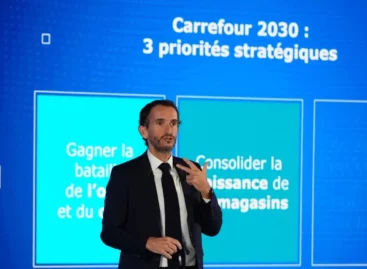Hungarian communication associations develop an AI code of standards
A new industry code of standards is being developed to ensure ethical and transparent regulation of the use of artificial intelligence (AI) by the Hungarian communications industry.

The rapid development and spread of AI systems poses new challenges for content production and distribution, in particular with regard to ethical and quality issues. The EU AI Act adopted this spring primarily focuses on consumer protection, but also calls for self-regulation in relevant professional areas. A 24-month transition period has been set for the full application of the legislation, which could bring about significant delays in the regulation rapidly evolving technologies such as AI.
Hungarian trade associations, including MAKSZ, MMSZ and MLE, have joined forces under the leadership of Nikolett Blaskó to draft an industry code of standards on the use of AI. ÖRT (Advertising Self-Regulatory Board) has also undertaken an active coordinating and consultative role.
The aim of the industry-focused manual is to provide a transparent framework and guidance on the ethical use of AI for all actors in the communications industry. Several external experts, including KPMG, and representatives of international tech companies have also been involved in the project.
Related news
Forced paths: trends and decisions in 2026
🎧 Hallgasd a cikket: Lejátszás Szünet Folytatás Leállítás Nyelv: Auto…
Read more >Related news
Lidl guarantees fairer prices for cocoa farmers
🎧 Hallgasd a cikket: Lejátszás Szünet Folytatás Leállítás Nyelv: Auto…
Read more >40 secure jobs, sustainable solutions – new BURGER KING® in Csepel
🎧 Hallgasd a cikket: Lejátszás Szünet Folytatás Leállítás Nyelv: Auto…
Read more >









